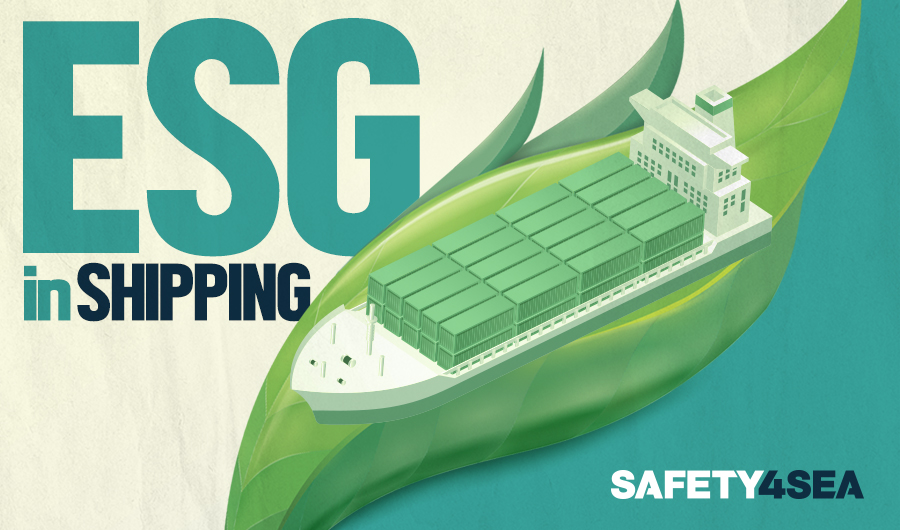The vast and intricate waterways surrounding Houston’s maritime industry are not without their legal challenges. In the event of a maritime incident or dispute, the choice of a competent attorney can make the difference between smooth sailing and a legal storm. Welcome to ‘Navigating Legal Waters: Choosing a Houston Maritime Attorney,’ where we embark on a journey to find the right legal counsel to protect your interests on the open sea of the law.
Setting Sail: Understanding the Importance of Maritime Attorneys
Maritime law is a specialized field that requires a deep understanding of nautical terminology, industry practices, and the intricacies of waterborne commerce. In this section, we’ll explore the fundamental reasons why having a dedicated maritime attorney is crucial.
The Nature of Maritime Law: – Unpack the unique aspects of maritime law, such as jurisdictional issues and the general maritime doctrine. – Explain how maritime law differs from inland law and the impact it can have on maritime-related cases.
Legal Representation in the Maritime Industry: – Detail the roles and responsibilities of maritime attorneys, particularly in relation to personal injury claims, contractual disputes, and environmental issues. – Highlight the importance of having an attorney who understands the specific needs of clients in the maritime field.
Navigating the Legal Fleet: Choosing the Right Houston Maritime Attorney
Selecting the most suitable attorney for your maritime case is a decision not to be taken lightly. In this section, we’ll explore the criteria and factors that should influence your choice.
Experience and Expertise: – Discuss the importance of choosing an attorney with significant experience in maritime law and related practice areas. – Explore the expertise of the attorney, paying particular attention to successful case histories and knowledge of maritime industry nuances.
Reputation and Recommendations: – Explain how a good reputation is key in the legal industry and provide strategies for researching an attorney’s reputation. – Discuss the value of recommendations from colleagues, industry professionals, and previous clients.
Compatibility and Communication: – Emphasize the importance of compatibility and communication with your chosen attorney. – Provide guidance on evaluating an attorney’s ability to explain complex legal matters in a way that the client can understand.
Financial Considerations: – Explore the typical fee structures of maritime attorneys and explain other financial considerations, such as potential costs associated with different outcomes.
Anchoring Your Decision: Interactive Elements in Attorney Selection
Making the right choice often involves more than just reading reviews. In this section, explore how interactive elements can aid in the attorney selection process.
Client Meetings and Consultations: – Highlight the value of in-person meetings or virtual consultations with attorneys to gauge compatibility, communication style, and overall professionalism.
Case Evaluation Tools: – Discuss the usefulness of case evaluation tools provided by attorneys or law firms, helping potential clients understand the strengths and weaknesses of their case.
Maritime Attorney Comparison Table:
| Attorney | Experience | Specializations | Reputation | Compatibility | Cost |
|---|---|---|---|---|---|
| Attorney A | 15+ Years | Personal Injury, Contracts | Excellent | Good | $$$ |
| Attorney B | 10 Years | Environmental Law | Good | Excellent | $$ |
| Attorney C | 20+ Years | Maritime Litigation | Outstanding | Moderate | $$$$ |
Frequently Asked Questions on Houston Maritime Attorneys
How is maritime law different from regular law?
Maritime law, also known as admiralty law, relates to navigation and commerce on the sea. It has its own set of rules and regulations that differ from those that govern land-based activities.
How do I know if I need a maritime attorney?
You might need a maritime attorney if you are involved in issues such as boat accidents, cargo disputes, marine insurance claims, or any legal matter related to activities on navigable waters.
What should I look for in a good maritime attorney?
A good maritime attorney should have significant experience in maritime law, a strong reputation, and the ability to communicate effectively. They should understand the unique aspects of the maritime industry.
How can a maritime attorney help with personal injury claims?
A maritime attorney can help pursue compensation for personal injuries occurring on navigable waters. They understand the specific laws and regulations related to maritime personal injury claims.
What if I can’t afford a maritime attorney?
There are options for those who cannot afford a maritime attorney, including pro bono services, legal aid, and contingent fee arrangements.
Conclusion
In conclusion, navigating the complex legal waters of the maritime industry requires the guidance of a skilled attorney. By understanding the nuances of maritime law, considering key factors in attorney selection, and exploring interactive elements, you can make an informed decision. Choose your Houston maritime attorney wisely, and let them be the compass that guides you to safe harbor. Fair winds and a following sea!
Feel free to explore more resources linked within the article to aid you in this important decision.
 MobileFactBD
MobileFactBD



